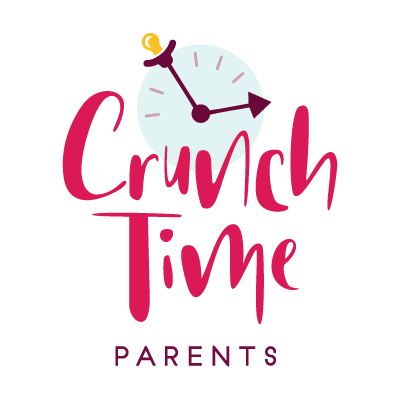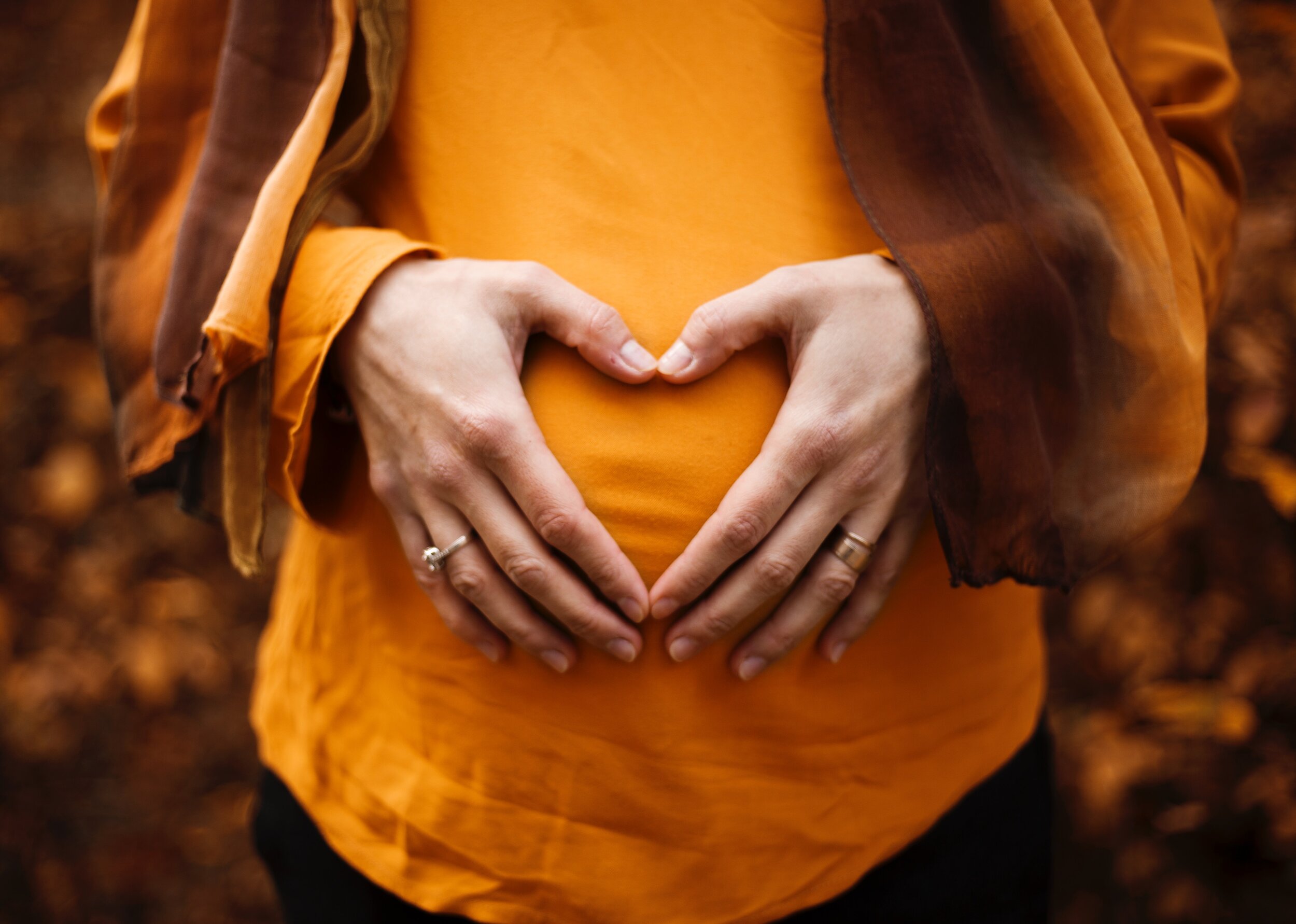A Brooklyn Doula Shares Tips on IVF, "Natural" Birth, and What to Do When Doctors Won't Listen
/“Deliveries are for pizzas, births are for babies,” Tia Dowling-Ketant told me when we sat down to chat and caffeinate one late-summer morning in Brooklyn. It was one of the dozens of quotable moments that stuck with me from the hour I got to spend with Tia, hearing about her work as a doula with a mix of clients ranging from low-income pregnant women in underserved neighborhoods, to affluent women looking for an experienced doula who knows the ropes, to couples of all backgrounds coping with infertility.
Hiring a doula can be expensive, but more and more community-based organizations like By My Side Doula Support—which Tia works with in Brooklyn—are helping lower-income women access the kind of care that usually only wealthier families can afford. This is especially crucial in neighborhoods with higher-than-average rates of maternal complications and mortality. Doulas are making a huge difference, and the data backs it up: “One-to-one emotional, physical and educational support provided by support personnel, such as a doula, is associated with improved outcomes for women in labor,” the American College of Obstetricians and Gynecologists (ACOG) said in a recent report.
Tia spoke to Crunch Time Parents about why she switched careers to do this tough and life-changing work, and gave tips on how women can become our own vocal advocates before, during and after pregnancy. And because Tia is also a fertility doula who experienced infertility before she went through IVF and gave birth to her son, she shared insights for anyone on a similar path.
Read More




























